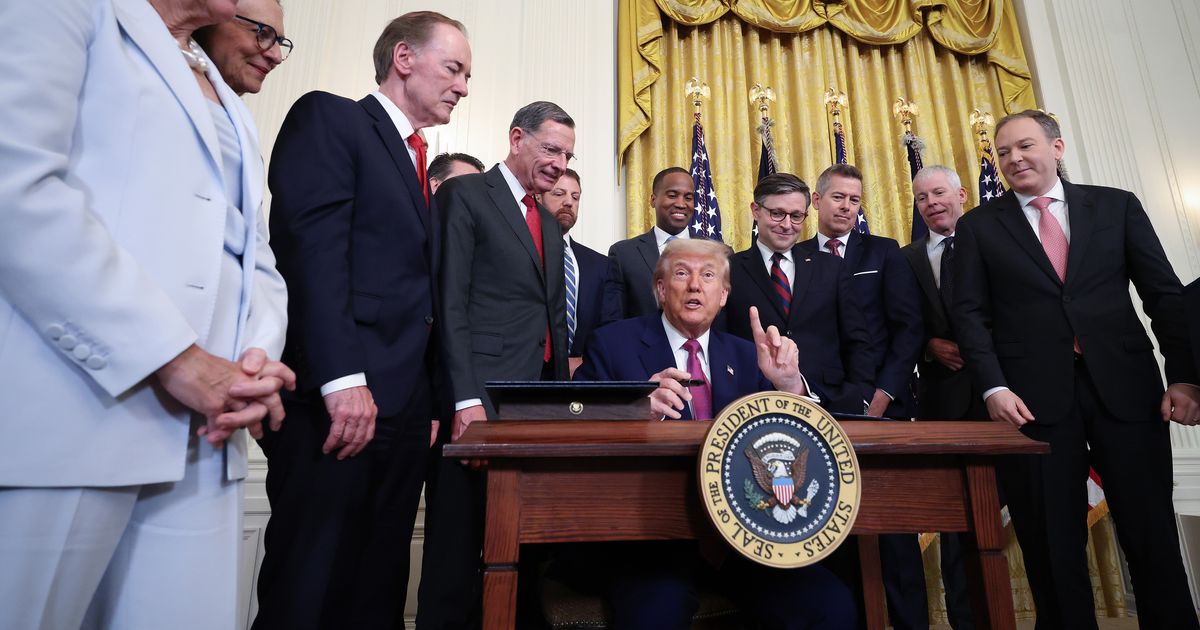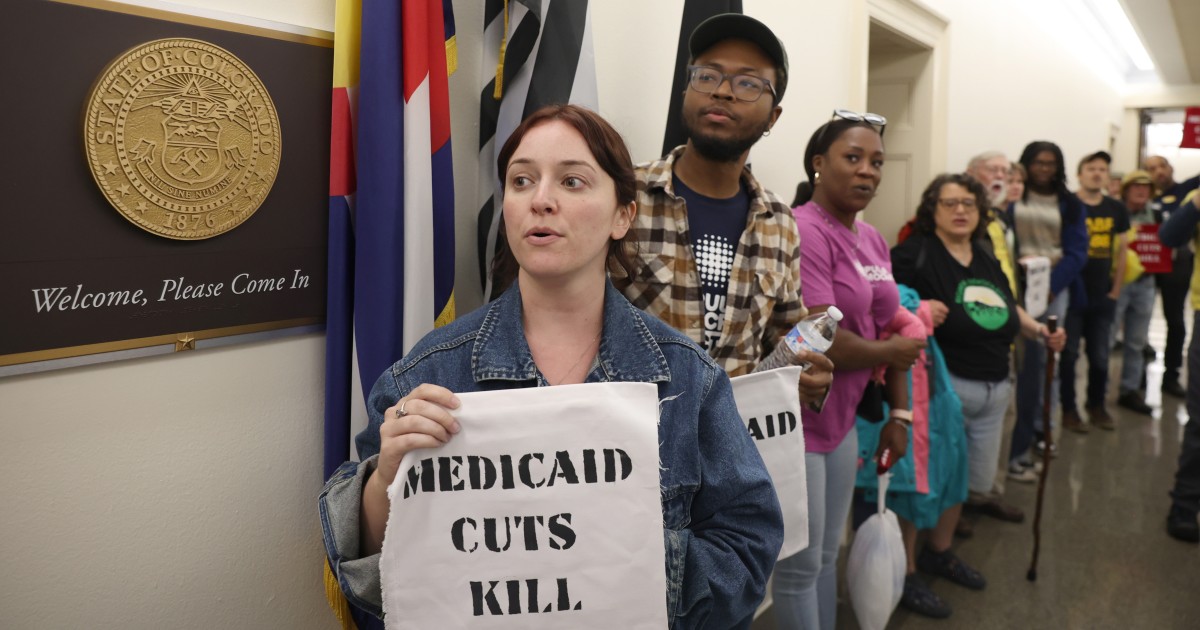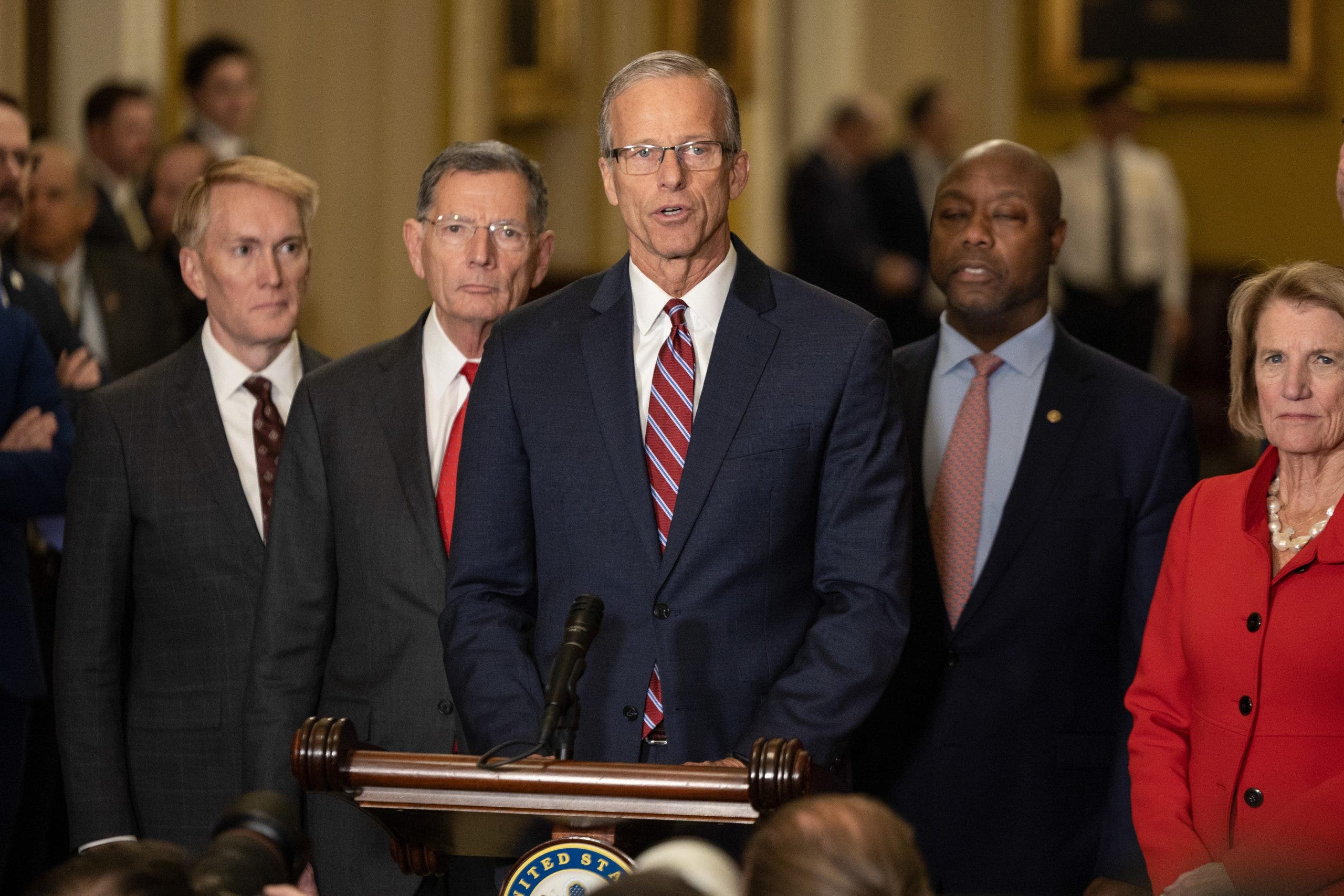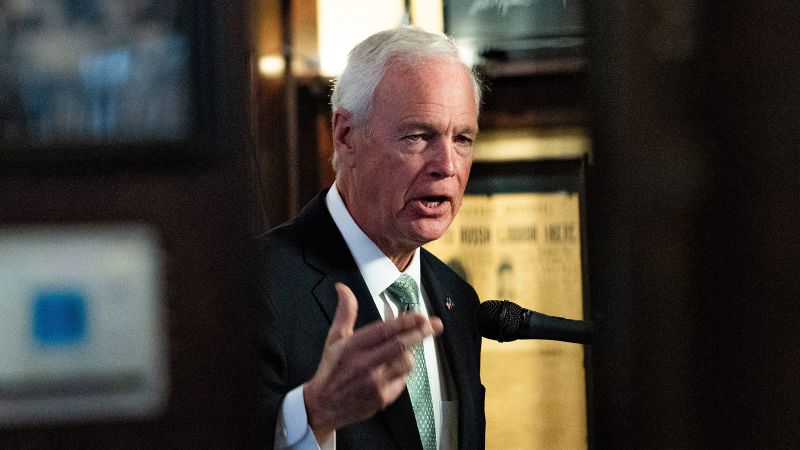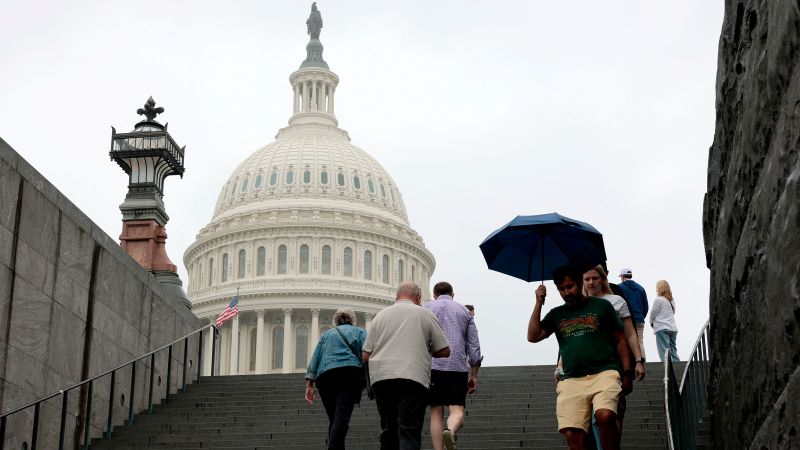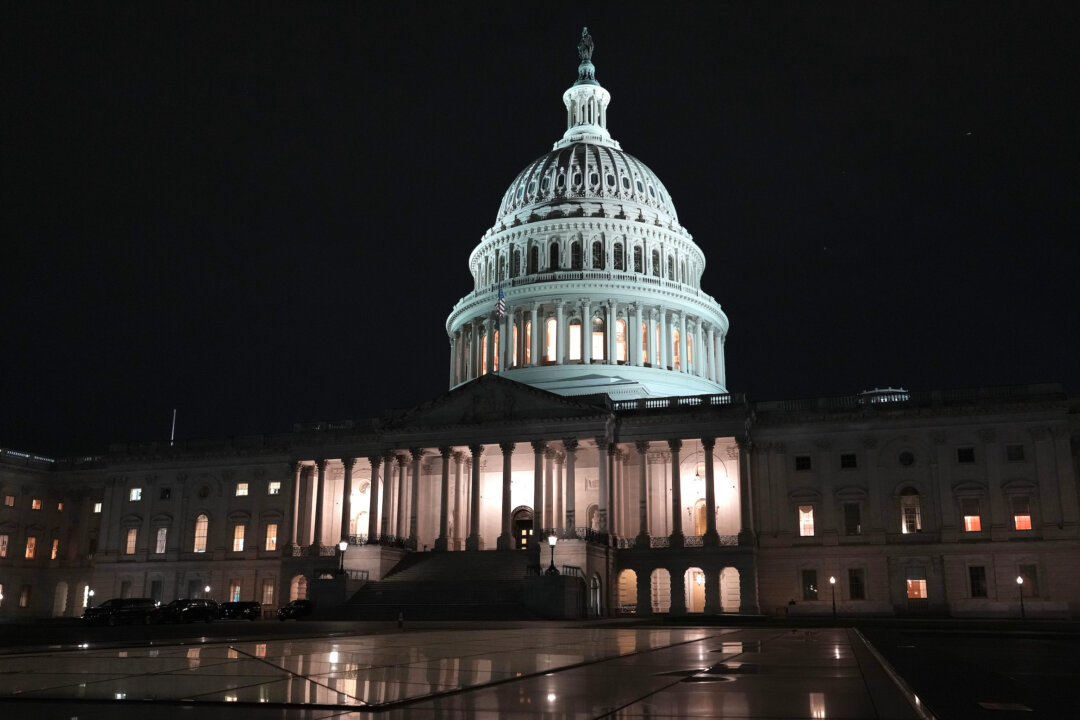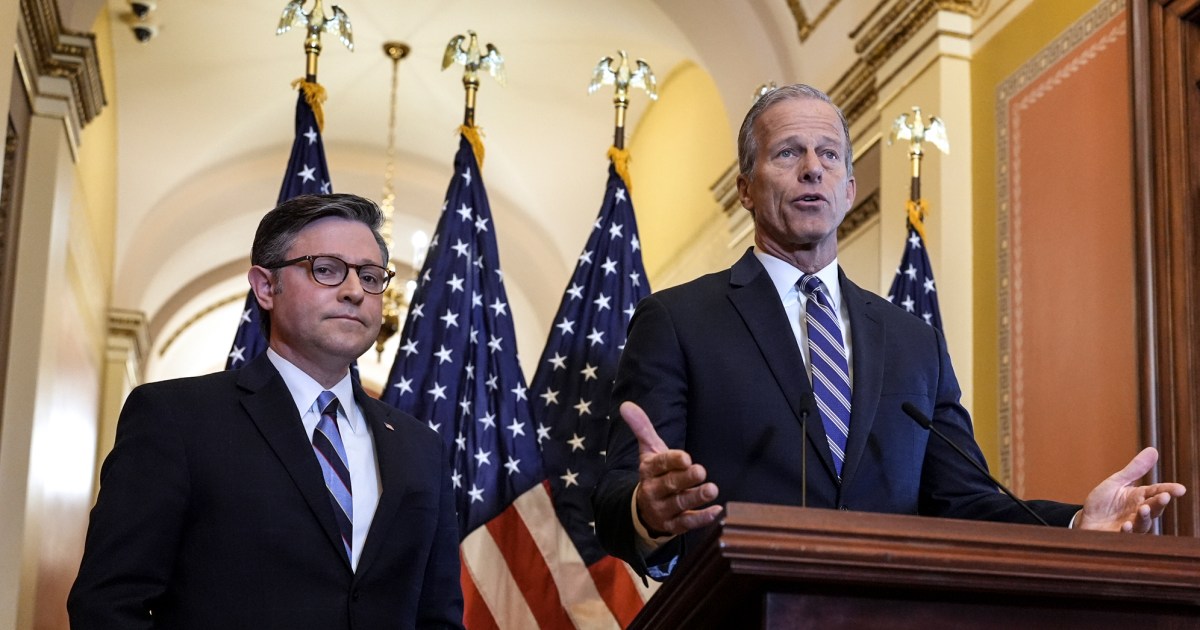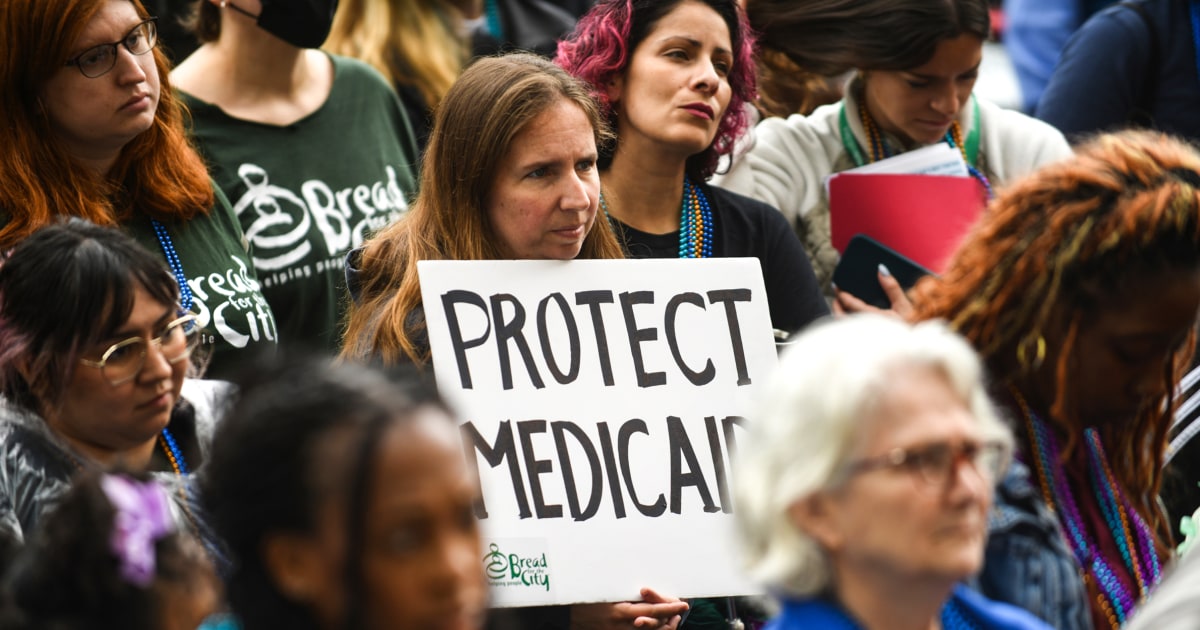Senate Republicans Face Legislative Clash Over Medicaid Cuts and Tax Bill Amid House Approval of New Act
Senate Republicans propose Medicaid cuts and tax reforms, while the House advances the One Big Beautiful Bill Act, complicating negotiations and budget impacts.
Subscribe to unlock this story
We really don't like cutting you off, but you've reached your monthly limit. At just $5/month, subscriptions are how we keep this project going. Start your free 7-day trial today!
Get StartedHave an account? Sign in
Overview
- Senate Republicans propose deeper Medicaid cuts and new work requirements for parents, aiming to save $625 billion over the next decade.
- The Senate tax bill includes a permanent $10,000 cap on state and local tax deductions, differing from the House's proposed $40,000 cap.
- Senator Ron Johnson raises concerns about the deficit impact of the tax bill, potentially delaying the vote amid internal GOP resistance.
- The Senate Finance Committee's revisions to the tax bill may lead to millions losing health insurance, as the CBO estimates significant budget deficits.
- The House advanced and approved the One Big Beautiful Bill Act in May, complicating negotiations with the Senate's conflicting tax and health care proposals.
Report issue

Read both sides in 5 minutes each day
Analysis
Center-leaning sources frame the legislative process as a significant yet contentious development, highlighting the challenges posed by proposed changes. The authors exhibit a critical perspective, emphasizing potential difficulties for individuals affected by the bill, suggesting a bias towards advocating for more equitable solutions in student loan policies.
Articles (47)
Center (14)
FAQ
The Senate bill proposes a reduction in provider taxes from 6% to 3.5%, which affects how states fund Medicaid. This is a more significant change than the House bill. Additionally, the Senate version includes stricter work requirements and removes coverage for many legal immigrants.
The proposed cuts would reduce federal Medicaid spending by approximately $793 billion over ten years, according to the Congressional Budget Office.
The proposed cuts could lead to financial strain on local hospitals, which have historically relied on Medicaid funding. This could result in reduced services or even hospital closures.
History
- 5M

 42 articles
42 articles
- 5M

 38 articles
38 articles
- 5M

 33 articles
33 articles
- 5M

 26 articles
26 articles
- 5M

 22 articles
22 articles















